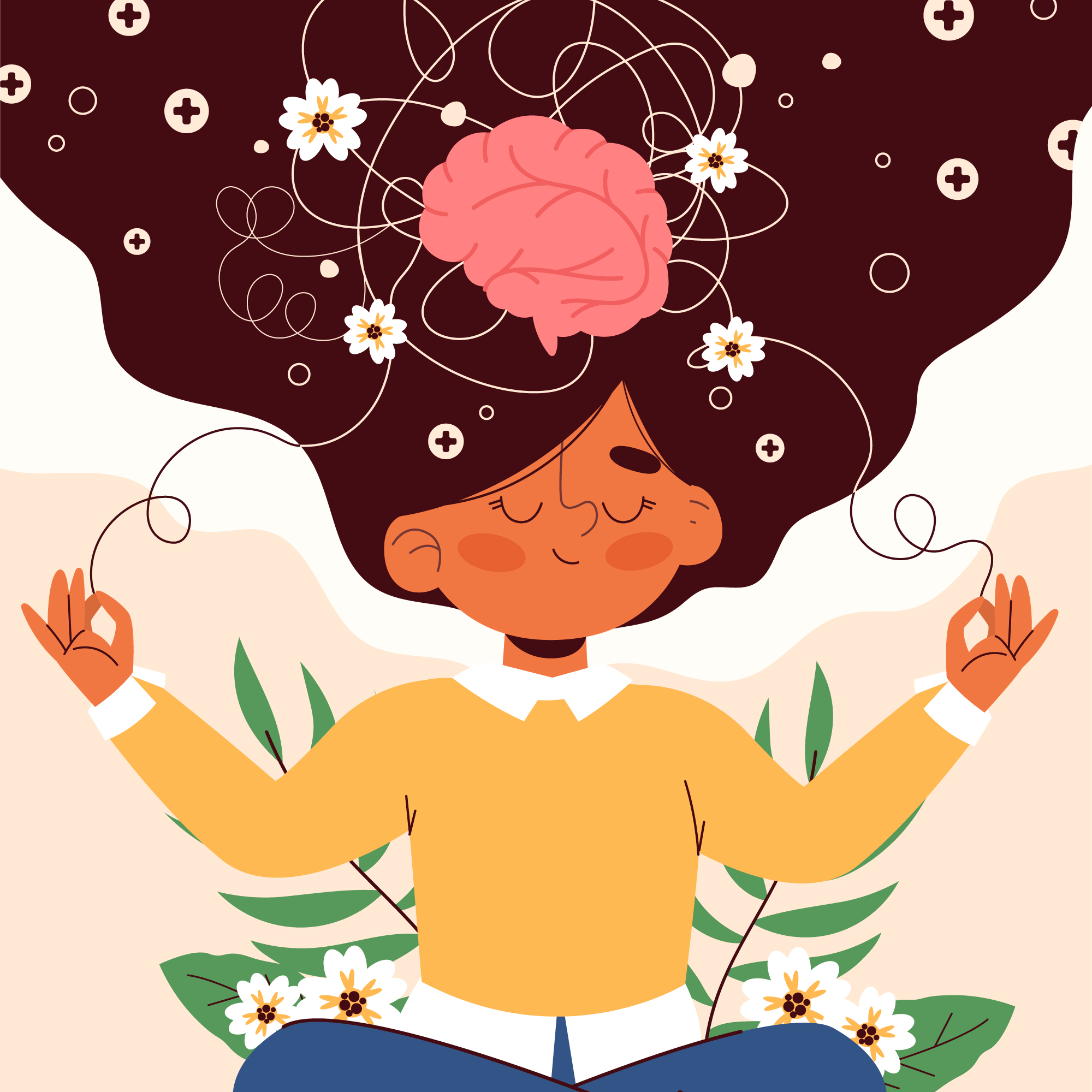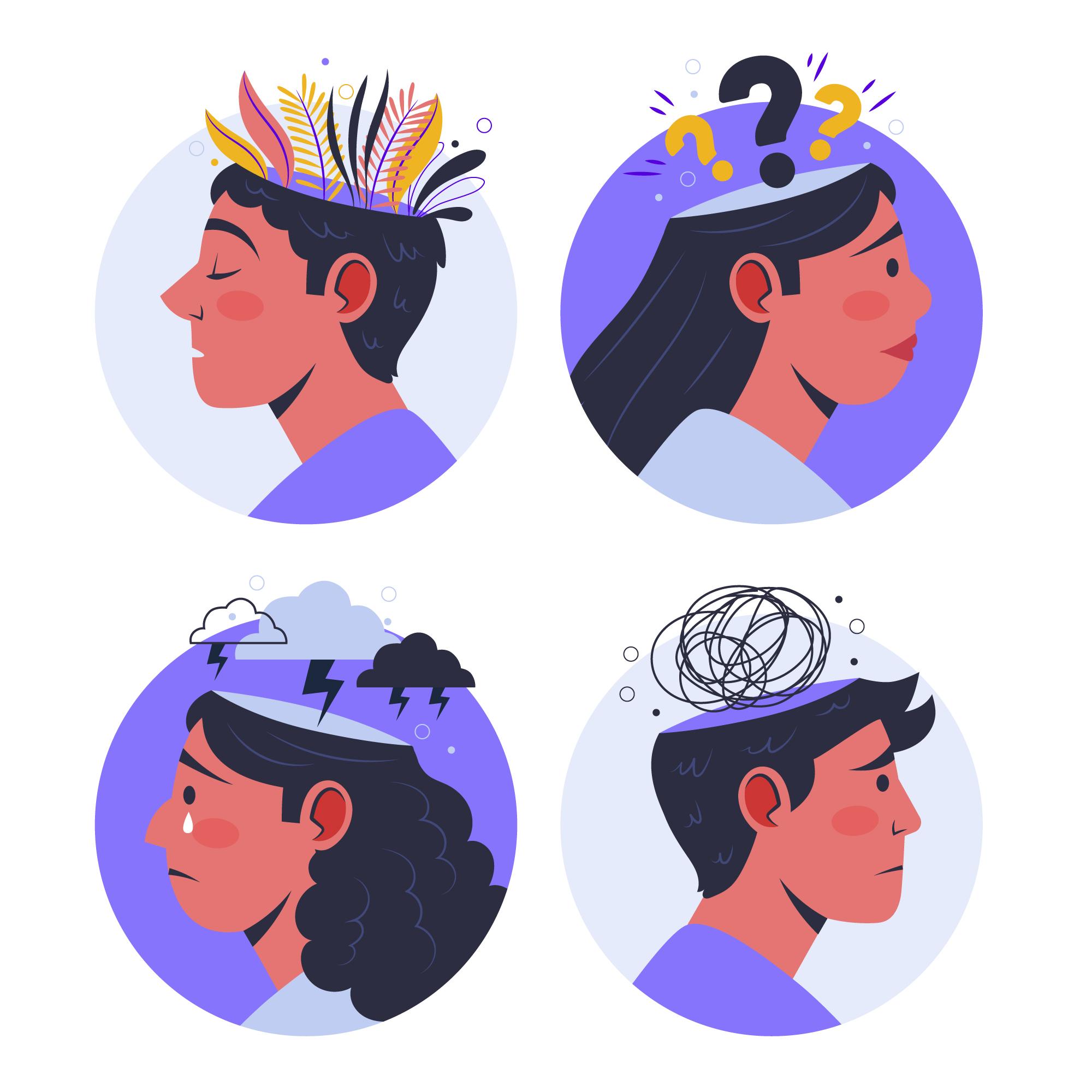
Depression, anxiety, stress, or panic attacks are some of the well-known mental health issues that impact a significant population worldwide. According to the Observer Research Foundation around 15 percent of people in India suffer from some kind of mental health issue. In 2017, one in seven Indians suffered from some mental disorder—roughly equating to 197.3 million people. The aforementioned data is a rough estimate. More people suffer from mental health issues. Dr Gorav Gupta, CEO & Senior Psychiatrist, Tulasi Healthcare, Gurugram shared how hormones impact our mental health. Scroll down to learn the influence of hormones on our mental health.
Dr Gorav Gupta said, “Hormones play a critical role in mental health by influencing mood, emotions, and overall behaviour. Key hormones like cortisol, serotonin, oestrogen, progesterone, thyroid hormones, and testosterone directly impact mental well-being.”

Dr Gorav Gupta said that several hormones impact mental health. Cortisol is one of the major hormones that leads to mental health issues. Cortisol, also known as the stress hormone, is released in response to stress. The prolonged high levels can cause anxiety, irritability, and depression.
Next is Serotonin, a mood regulator, which affects sleep, appetite, and happiness. Low serotonin levels are linked to depression and anxiety.
Hormonal fluctuations in oestrogen and progesterone, especially in women during menstruation, pregnancy, or menopause, can result in mood swings, irritability, and emotional disturbances.

Thyroid hormones are essential for metabolism and mood regulation. Hypothyroidism (low thyroid activity) can lead to depression and fatigue, while hyperthyroidism (overactive thyroid) causes anxiety and restlessness.
In men, testosterone levels influence mood, energy, and libido. Low testosterone is associated with depression and fatigue, while excessively high levels may lead to aggression or risky behaviours.
Don't Miss: Workplace Burnout: What Is It and How It Impacts Your Mental Health
Dr Gorav Gupta suggests lifestyle changes such as regular exercise, a balanced diet, adequate sleep, and stress management techniques are effective. He further added that medical intervention, including hormone replacement therapy (HRT) or medications, may be necessary in some cases. He also suggests therapies like Cognitive Behavioral Therapy (CBT) or mindfulness practices can also help manage mental health conditions linked to hormone imbalances.
Don't Miss: Effective Natural Face-Lifting Exercises You Can Do At Home, Expert Weighs In
For more such stories, stay tuned to HerZindagi.
Also watch this video
Herzindagi video
Our aim is to provide accurate, safe and expert verified information through our articles and social media handles. The remedies, advice and tips mentioned here are for general information only. Please consult your expert before trying any kind of health, beauty, life hacks or astrology related tips. For any feedback or complaint, contact us at [email protected].